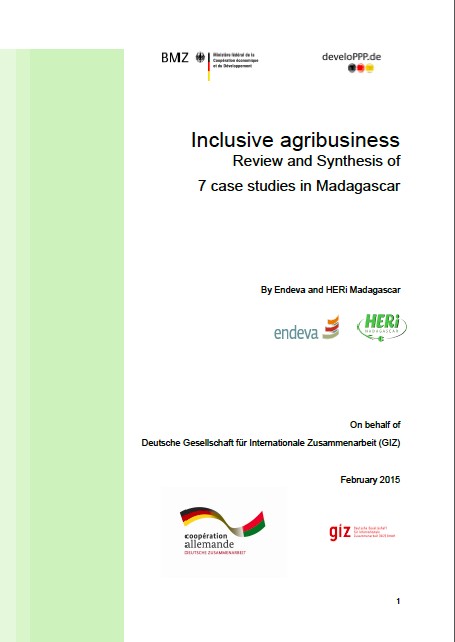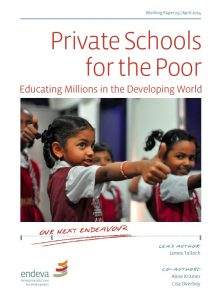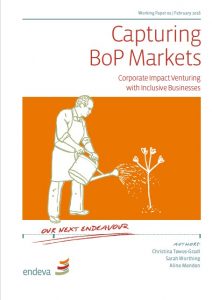Agriculture remains a key sector in Madagascar considering both the natural and human resources of the country. The livelihood of 78% of households depends on the sector in the short and medium term. In this light, moving from subsistence agriculture to commercial agriculture is a potential way to pull smallholder farmers out of poverty.
As a prerequisite for working with agribusinesses, smallholder farmers must meet the quality and quantity demanded at the specified time. To achieve this, smallholders require access to good production practices, inputs and equipment. If these are not available, the agribusiness company is often forced to organize this support to smallholder farmers itself. Some companies have established successful partnership models with smallholder farmers and succeeded by building networks and strong supply chains. This “inclusive business” approach can be an important differentiating factor in the market.
This study aims to share experiences on inclusive agribusiness models by documenting and analysing seven cases of agribusiness companies operating in Madagascar.




